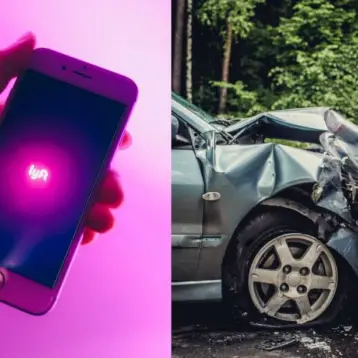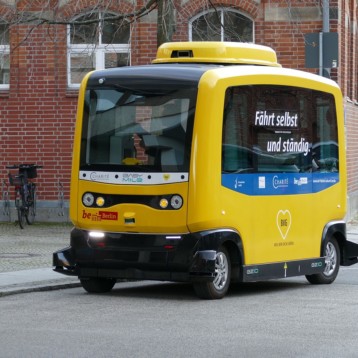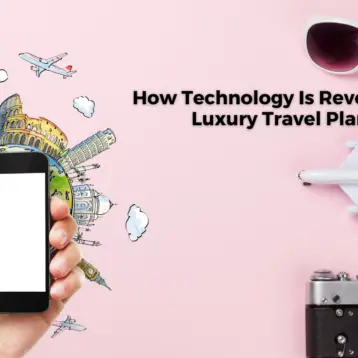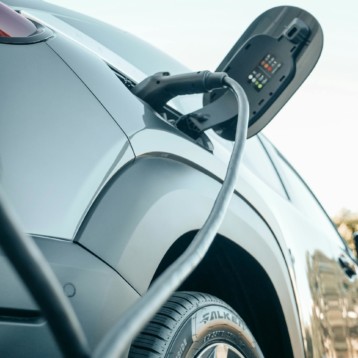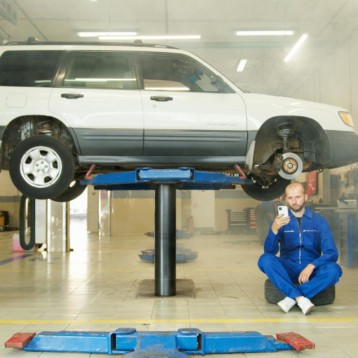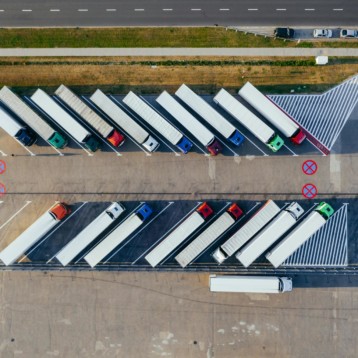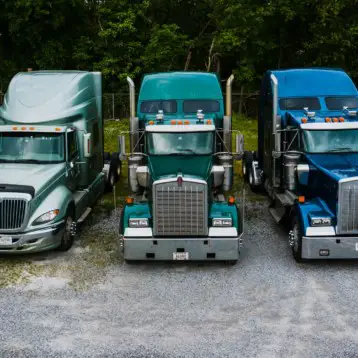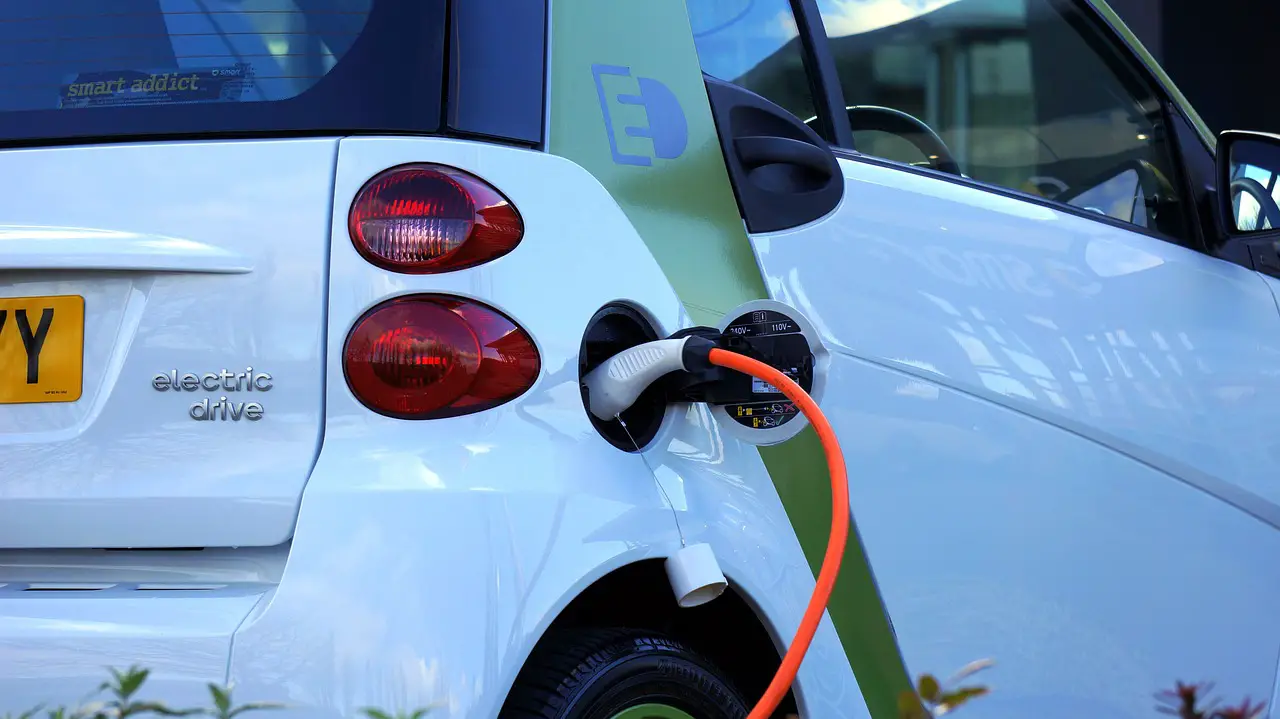
Image by MikesPhotos from Pixabay
Whether you’re motivated to make the environment greener or your wallet greener — or possibly a nice, happy mix of both — then buying an electric vehicle (EV) is surely somewhere on your to-do list; or at least, your dream board. However, before you head to the dealership, there are three key things that you need to know:
- EVs have a much shorter range than gas-powered vehicles.
If you’re planning on making longer trips out of the city, or you’re one of those unfortunate folks who face an epic commute to and from work each day (it might be time for you to check out some tips for working remotely), then be aware that EVs have a much shorter range compared to conventional gas-powered vehicles.
The amount of distance that you’ll be able to cover between charges depends on how fast you drive, and if you crank up the heat or air conditioner. To get an idea of what’s in store, the Nissan Leaf has a maximum range of about 110 miles, the Chevy Spark is about 80 miles, and Tesla’s Model S is a (rather impressive) 270 miles. Keep in mind, however, that these are all on the maximum end of the scale — your EV might run out of juice sooner.
- Charging an EV can take a while.
If you plan on plugging in your EV to a conventional 120V home outlet, then it can take several hours to complete a full charge — which means you need to think and plan ahead for longer trips. If you hook your EV up to a dedicated 220V home outlet (like the kind your stove or dryer uses), then charging will be faster. Many companies out there are working hard to find ways to improve the charging and battery experience for electric vehicles and users. Here you can learn more about How Greentec Auto Channing the Hybrid and EV battery market. This will give you more insights for purchasing a new battery for your EV and they can even help with installation.
Plus, in some larger cities around the world, you can drive up to a kind of “electric bar” and turbo-charge your EV in a matter of minutes for a fee that is typically 40-60% less than buying a full tank of gas. The bad news is that these turbo-charge stations are still pretty rare, so you may need to drive out of your way to get to one — which wastes time and charge. The good news is that really smart people at MIT are working hard on developing rapid recharge technology for the EV market.
- You’ll get better parking spaces and access to the “fast lane” on some freeways.
Let’s wrap up with something positive because the idea here isn’t to discourage you from getting an EV — it’s simply to raise your awareness of what’s ahead if you decide to take fall in electric love.
If so, then you’ll find an increasing number of places — like shopping malls, airports, parking garages and so on — reserve premium parking spots for EVs. Some of these (like some IKEAs around the world) also offer free electric charging stations, which is a nice bonus. And once you’ve finished purchasing your Billy bookcase or whatever else you’re going to pull together with your magic Allen key, you’ll find that more and more freeways let you drive in the carpool lane even if you’re by yourself. You can smugly zoom by countless other people driving prehistoric, polluting gas-powered vehicles. Good times!

